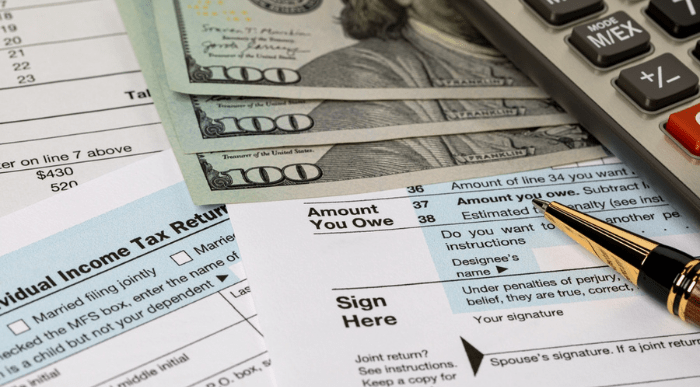
Understanding IRS Tax Debt Penalties
When it comes to taxes, it’s important to understand that failure to comply with the Internal Revenue Service (IRS) regulations can result in penalties. These penalties serve as a deterrent and encourage taxpayers to fulfill their obligations.
In this comprehensive guide, we will explore the different types of IRS tax debt penalties, when they are applied, why they happen, and what steps you can take to address and resolve them. So, let’s dive into the world of IRS tax debt penalties and equip you with the knowledge to navigate them effectively.
Types of IRS Tax Debt Penalties
The IRS imposes various penalties for different tax-related violations. Here are some common types of penalties:
- Failure to File Penalty: This penalty applies when you do not file your tax return by the due date or the extended due date (if applicable). The penalty is typically calculated as a percentage of the unpaid tax amount.
- Failure to Pay Penalty: If you do not pay your tax liability by the due date, this penalty comes into play. It’s calculated as a percentage of the unpaid tax and accrues over time until the debt is settled.
- Accuracy-Related Penalty: This penalty is imposed if the IRS determines that there was a substantial understatement of tax or negligence in preparing your tax return. It can be a percentage of the tax underpayment resulting from the error.
- Fraud Penalty: If the IRS determines that you intentionally committed fraud on your tax return, a fraud penalty may be imposed. This penalty is a substantial amount and can result in additional legal consequences.
Reasons for IRS Tax Debt Penalties: Why Do They Happen?
The IRS imposes tax debt penalties to enforce compliance with tax laws and regulations. The penalties serve as a deterrent and promote timely filing, accurate reporting, and prompt payment of taxes. They aim to discourage behaviors such as tax evasion, negligence, and intentional misrepresentation on tax returns. The IRS views these penalties as a means to maintain fairness and integrity in the tax system.
Addressing and Resolving IRS Tax Debt Penalties
If you find yourself facing IRS tax debt penalties, it’s important to address and resolve them promptly. Here are some steps you can take:
- Understand the Penalties: Familiarize yourself with the specific penalties that have been imposed and the corresponding IRS guidelines. This will help you grasp the severity and implications of the penalties.
- Pay the Outstanding Tax Debt: Timely payment of your tax debt can help reduce or eliminate certain penalties. Explore payment options such as installment agreements or making a lump-sum payment.
- File Amended Returns if Necessary: If you discover errors or omissions on your original tax return, consider filing an amended return. Correcting mistakes can help mitigate accuracy-related penalties.
- Request Penalty Abatement: In certain circumstances, you may be eligible to request penalty abatement from the IRS. This involves submitting a written explanation outlining reasonable cause for the penalty relief.
- Seek Professional Assistance: If you’re unsure how to address the penalties or need guidance, consult a qualified tax professional or an experienced tax attorney. They can provide personalized advice and assistance in navigating the penalty resolution process.
An Attorney Could Make all the Difference
Should you find yourself facing IRS tax debt penalties, the most proactive step that you can take is hiring a qualified tax attorney to help you address and resolve your IRS tax debt penalties. An attorney at your side could be the difference between a secured financial future and a bevy of debilitating tax debt on your shoulders.
For a free consultation with a tax attorney, click here or call (833) 391-1038.
Free Tax Case Review
If you are struggling with tax debt or have received a letter from the IRS complete the form below.IRS Audit
You received an audit notice from the IRS
Tax Debt Relief
You owe the IRS money and are looking for relief options
Wage Garnishment
The IRS is taking part of your wages to pay off your debt
Tax Lien
The IRS put a legal claim on your property
IRS Property Seizure
The IRS is going to take your property to pay down or pay off your tax debt
Penalty Abatement
You want to request to remove or reduce penalties assessed by IRS
Innocent Spouse Relief
Relief from joint tax debt caused by your spouse or former spouse
Tax Debt FAQ
Common facts, questions and answers about tax debt and tax debt reilef
Tax Debt Lawyer
A tax debt lawyer can help you with your tax debt problems






